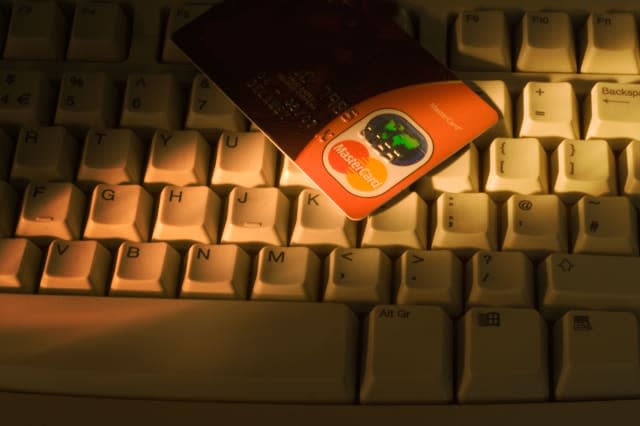Dating scam costs victim £60,000

A former special needs teaching assistant from Scunthorpe has revealed how she was scammed out of £60,000 by a man she met through an online dating agency.
Loretta Boyko, 64, told the Sun that she met the man calling himself Ryan Bradford through maturematch.co.uk.
"I'd lost my husband a couple of years earlier and a couple of my friends had found love online, so I decided to give it a go," she says. "Ryan said he'd lost his wife to cancer and had a daughter Alison and grandson David. We had so much in common."
'Ryan' claimed to be working in Syria and then Nigeria, but said he wanted to return to the UK. He persuaded Loretta to give him £13,000 to release him from his work contract and pay for the flight home.
And, later, Loretta heard from his 'daughter', who claimed her seven-year-old son was suffering from cancer and needed expensive treatment. Loretta sent more money, even selling her home to do so.
When a friend suggested that she'd been scammed, she investigated - and found that 'Ryan' had 27 different email addresses and was registered with 61 different dating sites.
"I just don't want any other women to fall victim to him," she says. "It's sickening to think he's probably a millionaire."
%VIRTUAL-ArticleSidebar-scams-guide%
The Metropolitan Police says its officers investigated 100 cases of dating fraud last year, which cost victims a total of £4 million. In the biggest case, asylum seeker Emmanuel Adanemhen and his brother-in-law Eduwu Obasuyi were convicted of carrying out dating frauds worth as much as £25 million.
Action Fraud advises dating site users to be on their guard. Signs of a scam include superstar looks, and a desire to communicate outside the dating app. Scammers often use pet names, making it easier to string several victims along at once. And they give away little information about themselves - apart from their need for money, of course.
If you're suspicious, try searching for the person on the internet; most people have some sort of trail, from membership of groups and societies to Facebook accounts. And if you're asked for money, try and establish the details: which hospital is carrying out the operation? Do the flights you're being asked to pay for really cost that much? Any suspicions should be reported to Action Fraud.
And stay cynical: if you think something's too good to be true, it probably is.





